BBC religion
-

Songs for Easter
·
Every Easter the Sandford St Martin Trust partners with the Radio Times magazine to host a special competition in which…
-

Eid Live on TV
·
This spring in celebration of Eid al-Fitr 2025, the BBC broadcast two special programmes from Bradford, the UK City of…
-
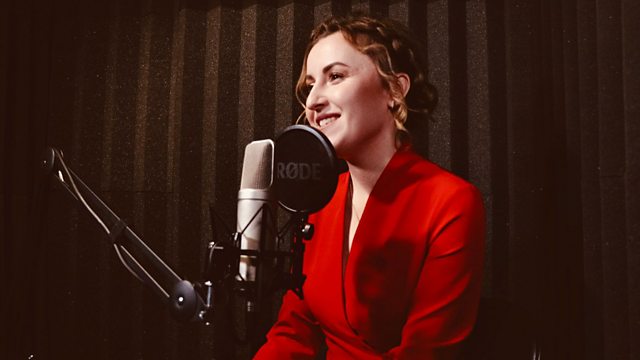
A Letter from Ukraine
·
In addition to a (rather splendid) trophy, the winning production teams in the four categories of our Sandford St Martin…
-
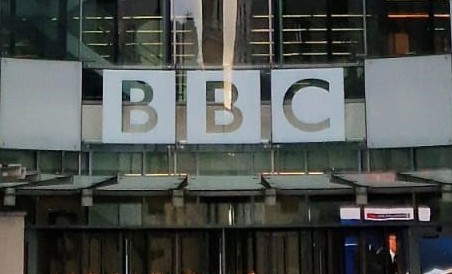
Reflecting the Nation: The BBC’s efforts to represent the UK’s diversity
·
Ofcom research indicates a steady decline in the hours of Religion & Ethics programming between 2010 and 2022. In short, there…
-
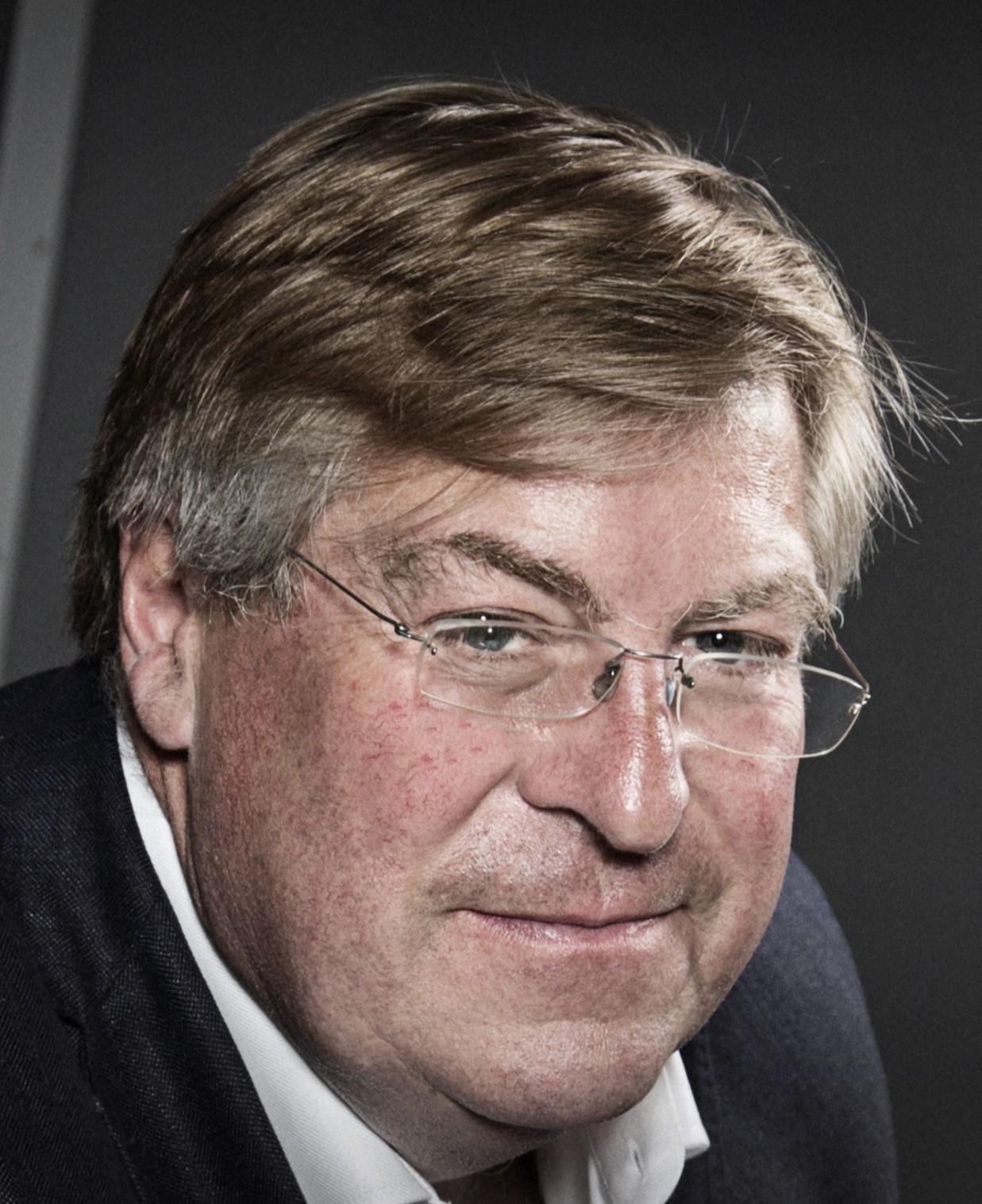
Keeping the Faith
·
Religion still deserves its place on the airwaves, says ‘Sunday’ host Edward Stourton For more than fifty years, BBC Radio…
-
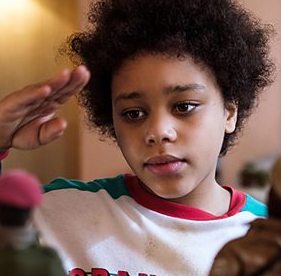
Lenny Henry and what the BBC is for
·
We’ve just announced that Sir Lenny Henry is to be one of this year’s winners of the Sandford St Martin Trustees…
-
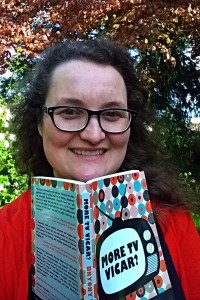
How should TV portray people of faith?
·
We watch a LOT of TV concerning religion, ethics or spirituality here at the Sandford St Martin Trust and so…
-
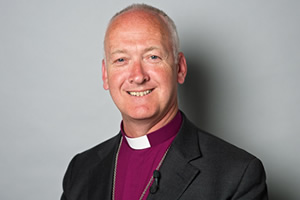
Thinking about Thought for the Day
·
In a case of the newsmakers making the news itself, earlier this week the Radio Times published an interview with presenters of…
